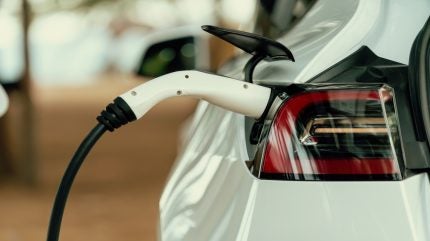
Chinese electric vehicle (EV) manufacturers, including Nio and Li Auto, are extending buying incentives in 2025, following moves like market leaders Tesla and BYD, reported Reuters.
This move comes as the price war in the world’s largest auto market persists into its third year.

Discover B2B Marketing That Performs
Combine business intelligence and editorial excellence to reach engaged professionals across 36 leading media platforms.
Li Auto has introduced cash subsidies of 15,000 yuan ($2,055) per car purchase, along with a three-year zero-interest financing scheme.
Nio has launched a comparable zero-interest loan plan for buyers of its Nio- and Onvo-branded EVs.
These incentives aim to boost purchases ahead of the new year’s government subsidy schemes.
To date, over 5.2 million cars sold by mid-December have benefited from Chinese government subsidies. China has indicated it will extend consumer goods trade-ins into 2025, though nationwide policy details are still awaited.
The capital city of Jiangsu province, Nanjing, announced earlier this week its plan to maintain subsidies of up to 4,000 yuan ($547) per car purchase this year.
Chinese authorities plan to issue 3 trillion yuan in special treasury bonds to boost the economy through fiscal stimulus and subsidies.
A local EV player, which analysts predict could outsell global giants such as Ford and Honda, has been offering discounts of up to 11.5% on two models, one hybrid and one EV since December.
Tesla, which initiated the price war last year, has extended a 10,000 yuan discount on outstanding loans for its popular Model Y in China until the end of this month.
After these incentives, sales of EVs and plug-in hybrids, known as new energy vehicles (NEVs) in China, surpassed 10 million units last year, bolstered by government-subsidised trade-ins of up to 20,000 yuan each.
However, autos-related retail sales have seen a 0.7% year-on-year contraction in the first 11, in contrast to a 3.5% rise in China’s total retail sales, highlighting the impact of the price cuts.






